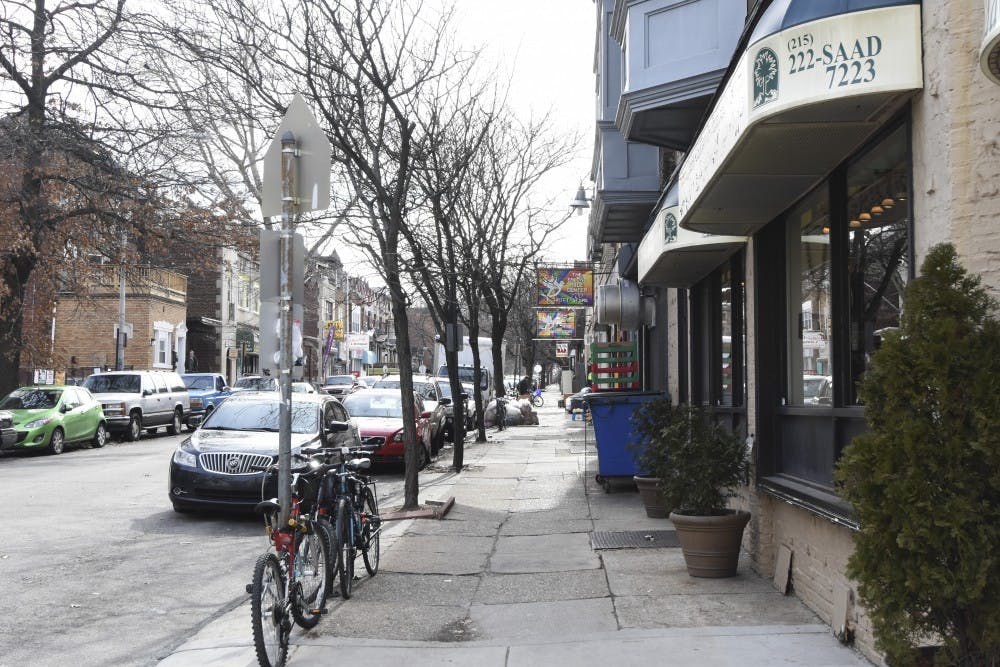During his undergraduate years at Penn in the 1960s, Ira Harkavy protested the University’s treatment of the West Philadelphia community. Now, as the associate vice president and founding director of the Barbara and Edward Netter Center for Community Partnerships, he continues that mission, most recently in an article in the American Journal of Public Health.
His article, “Engaging Urban Universities as Anchor Institutions for Health Equity,” says that more needs to be done to address poverty, race relations and health in “communities in the shadows of powerful, relatively wealthy urban universities.”
“There is no greater problem than the condition of our cities,” he said in an interview with The Daily Pennsylvanian.
Echoing philosopher and educational reformer John Dewey, Harkavy said “democracy must begin at home, and its home is the truly engaged neighborly university and its local community partners.”
The most effective institutions to improve communities, Harkavy maintains, are “eds and meds.” Philadelphia, he says, as a hub for both universities and hospitals, holds great potential to engage positively with local communities.
The article contends that government must also play a role in facilitating this action. Harkavy writes this support should be based on the “Noah principle,” under which funding is given for producing change — not just identifying problems. He said this is a “more effective utilization of government resources.”
Harkavy contrasted the relationship between Penn and West Philadelphia during his undergraduate years when there was “overt conflict” to the improved condition of this relationship now, a change he says he is proud of.
Harkavy added to his praise, calling Penn the national leader in university engagement with local communities, but added that there is still a long way to go. He cited Academically Based Community Service courses and economic inclusion initiatives as positive advancements.
Harkavy has taught a faculty-student collaborative action seminar in urban-community relations since 1985 and said he “learns from students all the time.” Students in his course study urban problems and design solutions to achieve active results. He said he sees his students as “notable for their idealism.”
College freshman Grace Hylinski volunteered in West Philadelphia, and said she found it valuable.
“It’s been one of my favorite things because I’ve ventured away from a privileged life at Penn and gotten to help shape how the youth of our city are being raised both in the classroom and as people,” she said.
“To not use our talents to give back is a detriment to society,” she added.
Despite his dedication to inspiring civic engagement, Harkavy would not recommend a service requirement for undergraduate Penn students because “to do this work you have to be committed.”
Instead, he said he would rather “raise the expectation of what it means to be a Penn student.”









